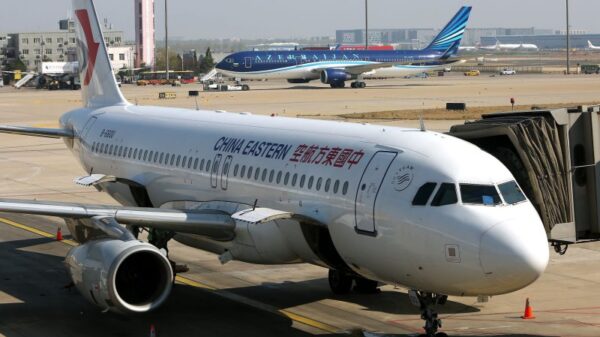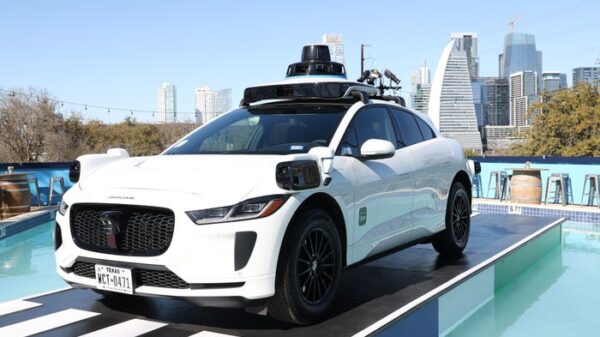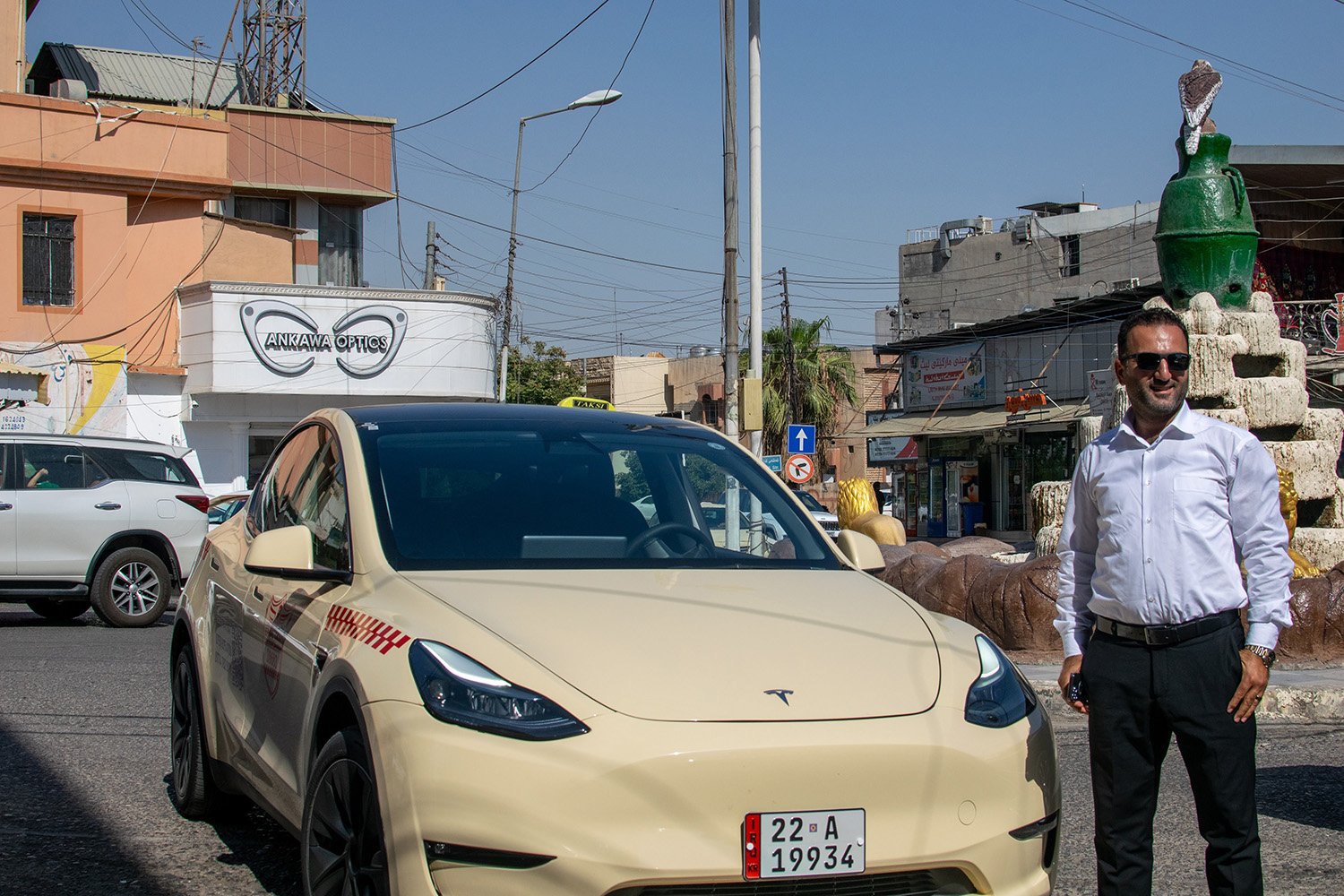UPDATE: The shift towards electric vehicles (EVs) in Iraq’s Kurdistan Region is accelerating as consumers increasingly opt for eco-friendly alternatives amid rising concerns over fuel costs and environmental impact. During rush hour on Erbil’s 60 Meter Street, a noticeable surge in electric vehicles from Chinese manufacturers like BYD signals a transformative change in this oil-rich region.
As of July 2023, the Kurdistan Regional Government (KRG) is spearheading efforts to improve electricity infrastructure, rolling out a 24-hour electricity program expected to be fully operational by the end of 2026. This initiative aims to alleviate long-standing power shortages, allowing EV owners to charge their vehicles at home without exorbitant costs.
Arjang Ibrahim Zebari, a 30-year-old real estate agent, recently traded his Dodge SUV for a BYD Qin L, a plug-in hybrid costing $19,000. “I spent too much money to come and go,” Zebari stated, highlighting a monthly fuel expense of over $200 before his switch to electric. Now, he charges his vehicle for just a few dollars every two weeks, dramatically lowering his fuel costs.
The enthusiasm for electric vehicles is palpable. Zebari expressed satisfaction with his hybrid, stating, “Electric cars are very natural and environmentally friendly.” His sentiment is echoed by many as the visibility of EVs on the road increases; a stark contrast to just a few years ago when the idea of EVs in Kurdistan was nearly laughable.
The KRG is incentivizing EV adoption by eliminating customs taxes, registration, and annual environmental fees, which can exceed $1,000 for conventional vehicles. This financial relief is vital in a region where the economy heavily relies on oil, producing around 250,000 barrels per day.
While charging stations remain limited, they are gradually becoming more common in upscale areas and residential complexes. Innovative solutions are emerging, such as a BYD plug-in hybrid seen charging from an extension cord in a public park—symbolizing the adaptability of the population.
Hemin Ahmed Muhammad, who operates what he claims is Erbil’s only Tesla taxi, further illustrates the demand for electric vehicles. “My passengers really like it,” he noted, dismissing the previous skepticism about EVs in the region.
Currently, around 89 percent of EVs in Kurdistan are Chinese brands, primarily due to their affordability, according to businessman Herish Noori, who runs an electric vehicle showroom in Erbil. He predicts that within five years, 25 to 30 percent of all vehicles in Erbil will be electric, highlighting a growing consumer trend towards sustainability.
The rise of electric vehicles in Kurdistan is part of a broader global shift. The International Energy Agency reports that Chinese manufacturers accounted for 40 percent of global EV exports in 2024, with exports skyrocketing from $295 million in 2018 to an astounding $36.7 billion in 2023.
Kurdistan’s burgeoning EV market showcases how developing regions are rapidly adopting new technologies, challenging the stereotype that electric vehicles are only for wealthier nations. As the KRG continues to improve electricity reliability and incentivize electric vehicle purchases, the future of transportation in this region is undoubtedly electric.
As the world turns towards sustainable solutions, Erbil is positioning itself at the forefront of the EV revolution, where the future of transportation is not just a dream, but a rapidly approaching reality.





































































